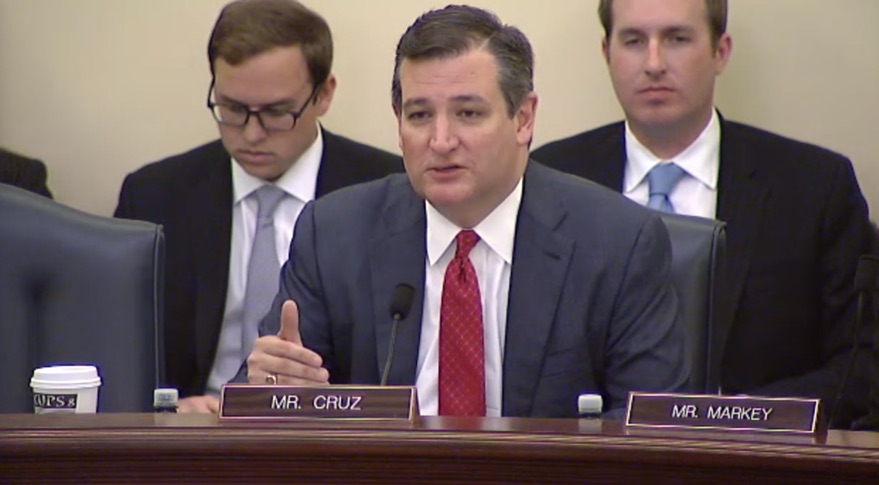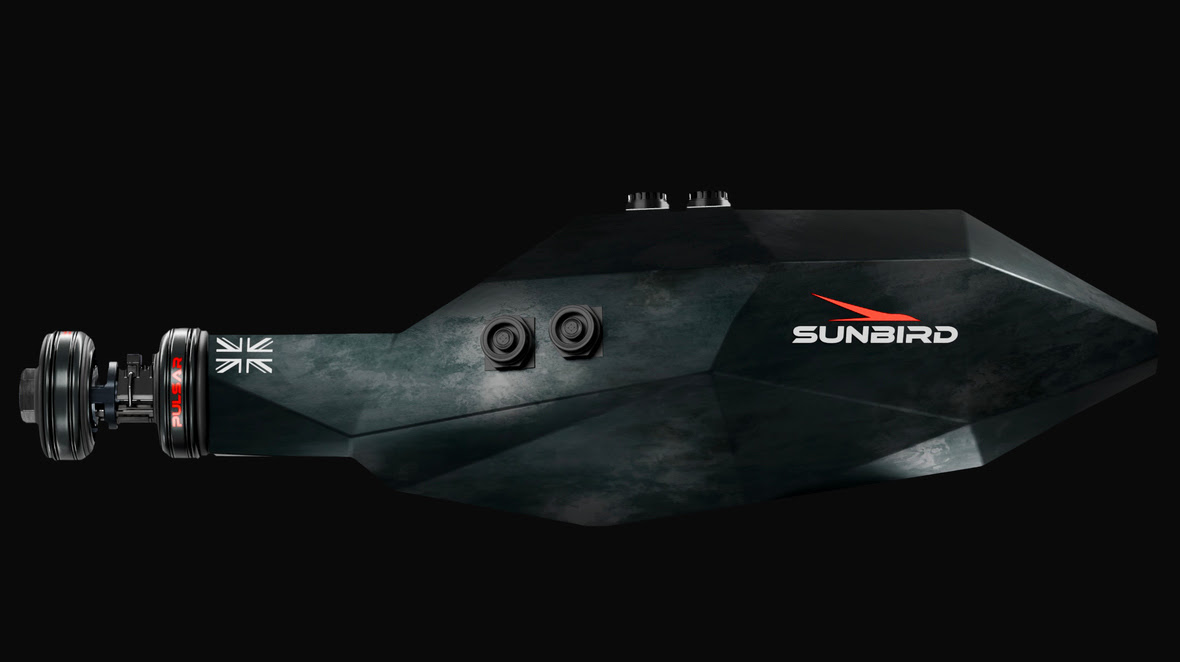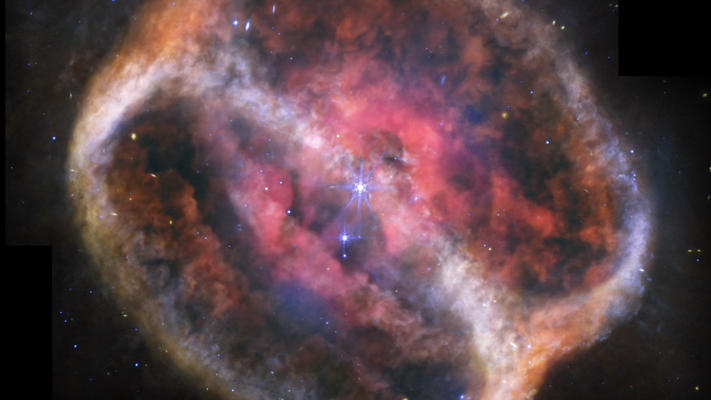Senate Introduces Bill to Streamline Commercial Space Regulations

WASHINGTON — Three senators introduced legislation July 25 to reform commercial space regulations, including a provision that conflicts with language in a bill passed by the House.
The Space Frontier Act, S. 3277, primarily focuses on reforms to regulation of commercial launches and remote sensing. It includes language calling for streamlining of processes for licensing launches and reentries as well as for licensing remote sensing spacecraft. It also includes language authorizing an extension of the International Space Station to 2030.
"The U.S. commercial space industry is a growing and vibrant sector of the American economy that has yet to reach its full potential due to outdated regulations that haven't kept pace with advances in technology," said Sen. Ted Cruz (R-Texas), chairman of the Senate space subcommittee and lead sponsor of the bill, in a statement. [Pence: To Lead in Space, US Needs Less Red Tape for Commercial Space Companies]
The bill's co-sponsors are Sens. Bill Nelson (D-Fla.), ranking member of the commerce committee, and Ed Markey (D-Mass.), ranking member of the space subcommittee. "This bill is a great step forward in providing certainty and a firmer launchpad for our commercial space industry," Markey said in the statement.
Many of the bill's provisions are in line both with Space Policy Directive (SPD) 2, signed by President Trump in May, and the American Space Commerce Free Enterprise Act, a bill that the House approved in April. The Senate bill would allow the Federal Aviation Administration to issue a single launch license valid for multiple sites, a reform included in SPD-2. Its remote sensing streamlining language is somewhat similar to the House bill, including reforms to the interagency review process that has slowed down some application reviews in the past.
The Senate, though, differs with the House and the White House in one area, authorization of so-called "non-traditional" commercial space activities, ranging from satellite servicing to lunar landers, that not explicitly regulated today. The House bill gives that authority to the Commerce Department while SPD-2 endorsed more generally the creation of a "one-stop shop" for most commercial space regulations in that department.
The Senate bill, though, would give that authority to the FAA, though the Department of Transportation. The bill states that the department "may use the launch and reentry payload review process to authorize nongovernment space activities that are related to an application for a license or permit under this chapter and are not subject to authorization under other Federal law."
Get the Space.com Newsletter
Breaking space news, the latest updates on rocket launches, skywatching events and more!
That approach is similar to what the FAA previously advocated though concepts known as "mission authorization" or "enhanced payload review" that would use the payload review portion of the launch licensing process to perform the authorization and continuing supervision roles required under Article 6 of the Outer Space Treaty.
The senators didn't mention that element of the bill in their statement about it, but industry sources have said that senators appeared interested in giving such authority to the FAA, given its expertise in launch licensing, rather than the Commerce Department.
The Senate bill does have the support of the leadership of the House Transportation Committee. "It's important to ensure the Department of Transportation remains the federal government's one-stop-shop for commercial space transportation," said Rep. Bill Shuster (R-Pa.), chairman of the committee, in a July 26 statement. "I look forward to working with them to achieve that goal."
The Senate Commerce Committee is scheduled to mark up the bill Aug. 1. However, there is limited time for the Senate to pass it and then work out a compromise with the House before the end of the year. While the Senate will remain in session for much of August, the House is now in recess until after Labor Day.
Supporters of the House bill, meanwhile, have continued to lobby for its passage in the Senate. "The momentum is building for these bills," said Rep. Lamar Smith (R-Texas), chairman of the House Science Committee, in a July 24 speech at the Hudson Institute. Smith referred to both the American Space Commerce Free Enterprise Act and a more recent bill on space traffic management.
"The last step before becoming law is approval by the U.S. Senate," he said. "We need champions there to get these bills through committee and on to the Senate floor."
This story was provided by SpaceNews, dedicated to covering all aspects of the space industry.
Join our Space Forums to keep talking space on the latest missions, night sky and more! And if you have a news tip, correction or comment, let us know at: community@space.com.

Jeff Foust is a Senior Staff Writer at SpaceNews, a space industry news magazine and website, where he writes about space policy, commercial spaceflight and other aerospace industry topics. Jeff has a Ph.D. in planetary sciences from the Massachusetts Institute of Technology and earned a bachelor's degree in geophysics and planetary science from the California Institute of Technology. You can see Jeff's latest projects by following him on Twitter.










